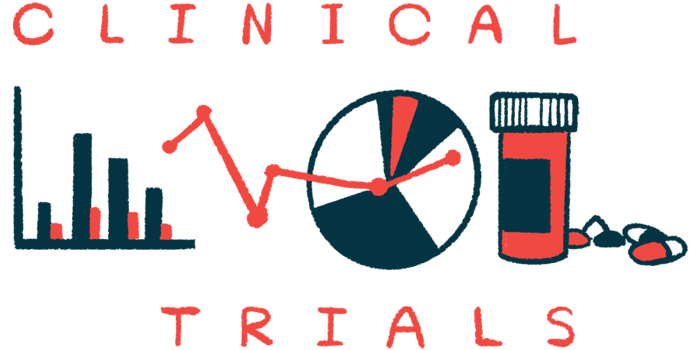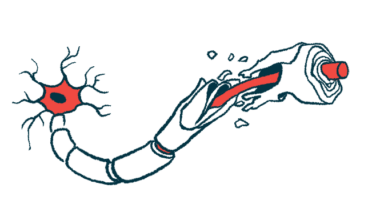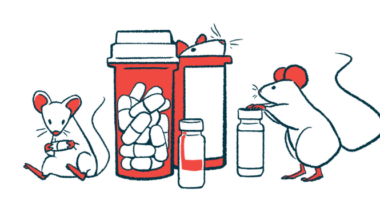NervGen Cleared to Enroll 2nd MAD Group in NVG-291 Trial

NervGen Pharma has been cleared to enroll a second group of healthy volunteers into the multiple ascending dose portion of its Phase 1 clinical trial of NVG-291, a therapeutic candidate for multiple sclerosis (MS).
The trial’s Safety Review Committee approved the second group after seeing promising safety data from the first multiple ascending dose (MAD) group.
This first group received a dose higher than that deemed efficacious in animal models, and its “encouraging” safety data “highlight that we are a step closer to initiating the Phase 1b/2 efficacy studies in Alzheimer’s disease, multiple sclerosis and spinal cord injury patients later in 2022,” Paul Brennan, NervGen’s president and CEO, said in a press release.
“The dose of NVG-291 administered in the first cohort is already above the highest corresponding dose found to be efficacious in animal models and is substantially higher than the lower effective doses where dramatic functional improvements were observed,” Brennan added. “Advancing to the second cohort in the MAD portion of our Phase 1 clinical trial is a significant milestone for the company.”
NVG-291 is an experimental small protein designed to boost the regeneration of myelin, the fat-rich substance damaged in MS and essential to protect nerve cells and help them communicate.
The treatment specifically modulates the activity of a class of receptors called protein receptor tyrosine phosphatase (PTP) sigma, which prevent nerve cells from repairing damage following an injury.
The ongoing clinical trial in healthy volunteers, taking place in Australia, is investigating NVG-291 in two parts. In its first part, participants received one of six doses of NVG-291 or a placebo in a single under-the-skin (subcutaneous) administration. Some of these doses were already higher than those tested and deemed efficacious in animal models.
The company was cleared to initiate a multiple ascending dose part after promising data was seen from this portion, in which NVG-291 was deemed generally safe and well tolerated. The second part of the trial is also testing several doses of NVG-291 against a placebo, but participants receive their assigned treatment over 14 consecutive days and are followed for one week after their last dose.
Data from the first group included in this multiple dose part is still blinded, meaning that researchers don’t know what treatment was assigned to each patient. However, the safety findings were encouraging enough to warrant including a second group of healthy volunteers, who will receive a higher dose than that tested in the first group.
“We are extremely pleased with the progress of the Phase 1 study,” said Daniel Mikol, MD, PhD, NervGen’s chief medical officer. “Based on a thorough safety evaluation, including a blinded review of adverse events, vital signs and laboratory data, the Safety Review Committee determined it was appropriate to advance to the next MAD cohort.”
According to Mikol, NVG-291’s pharmacokinetics profile in the first group was similar to that seen in the single dosing part for the same dose, supporting the therapy’s reproducible metabolism. Pharmacokinetics refers to a drug’s movement into, through, and out of the body.
“It is very encouraging that the day 1 and day 14 pharmacokinetic characteristics for NVG-291 at the tested dose level were very similar to those observed at the same dose level in the single ascending dose portion of the Phase 1 study. A reproducible pharmacokinetic profile is a highly desirable property for any drug being developed for human use,” Mikol said.
NervGen expects to launch Phase 1b/2 efficacy studies in MS, spinal cord injury, and Alzheimer’s disease patients by the end of the year.
The company is also conducting toxicology studies of NVG-291 that support the U.S. Food and Drug Administration’s lifting of a partial clinical hold that prevents NervGen from enrolling males and premenopausal females before additional safety data is presented.
The company plans to seek that clinical hold’s removal after completing the multiple ascending dose part and the toxicology studies.






